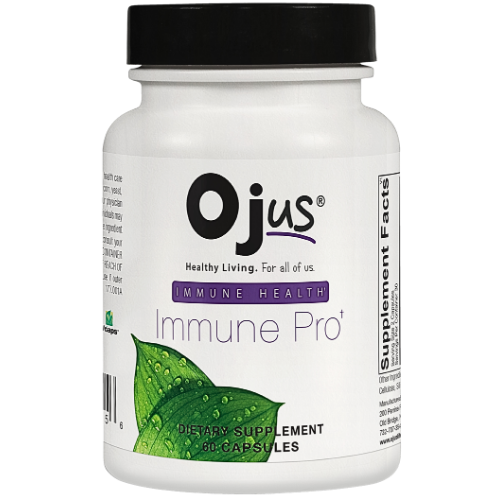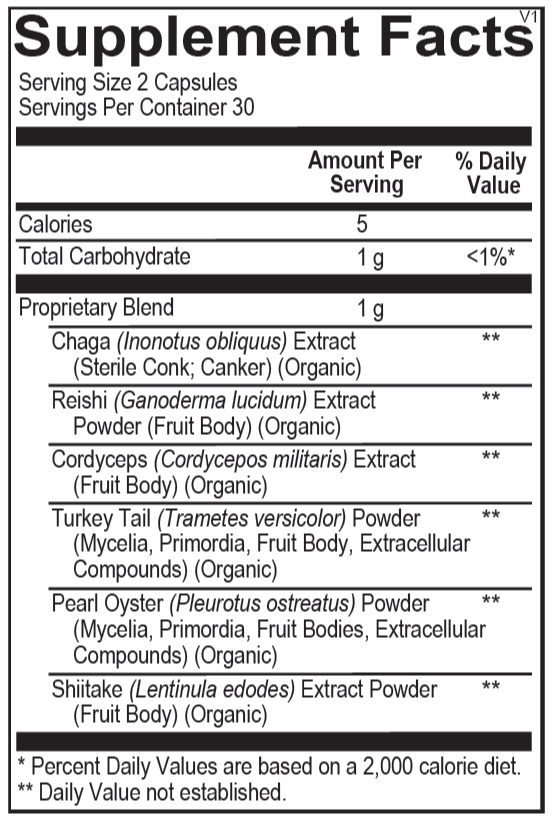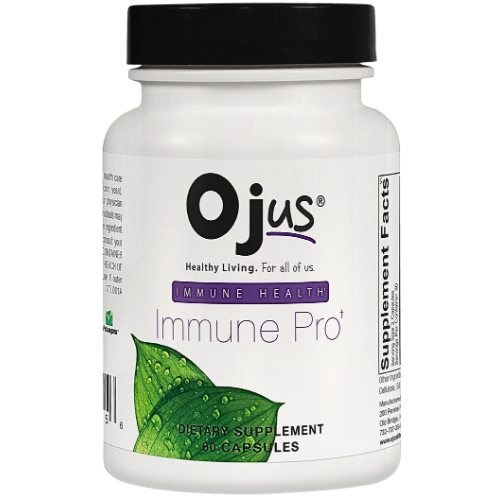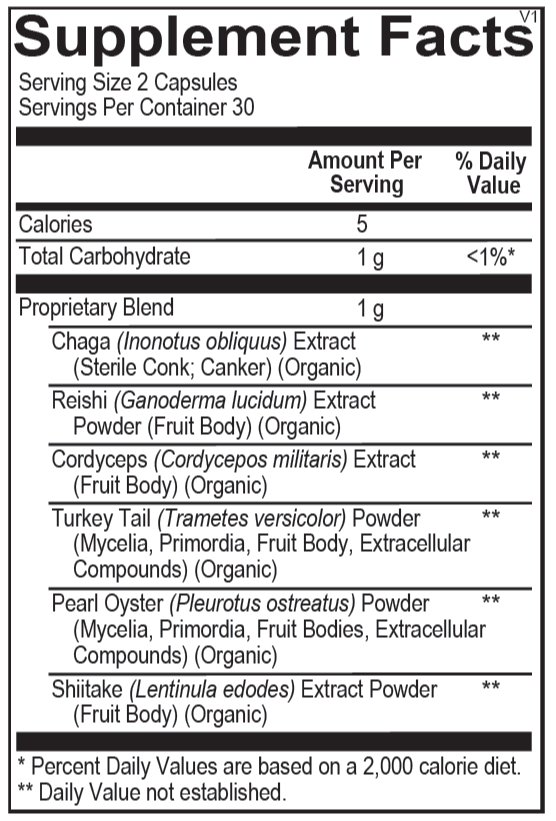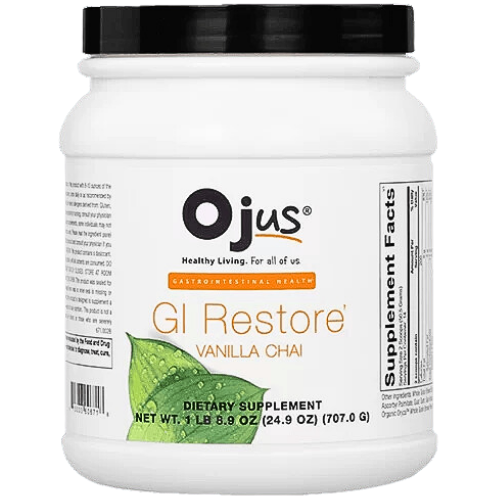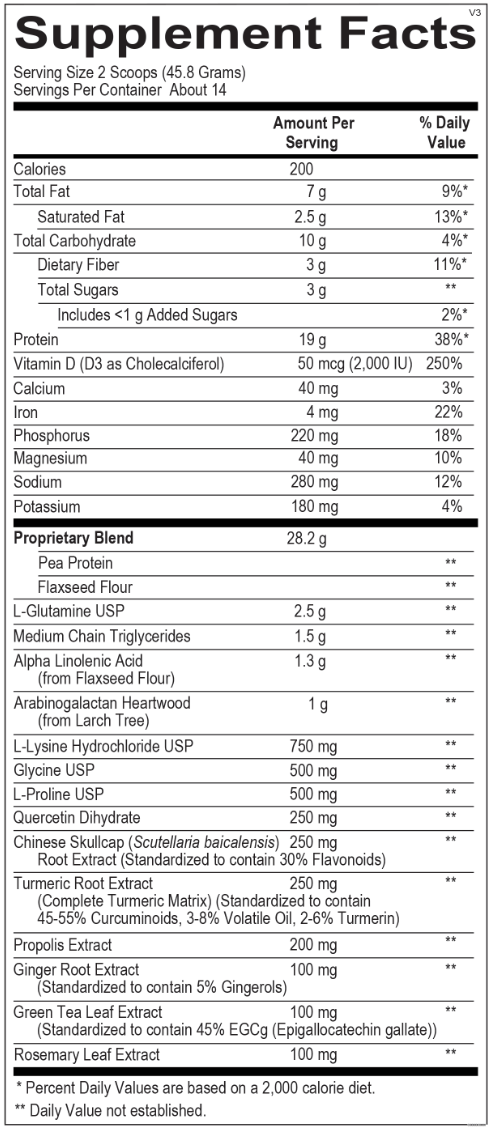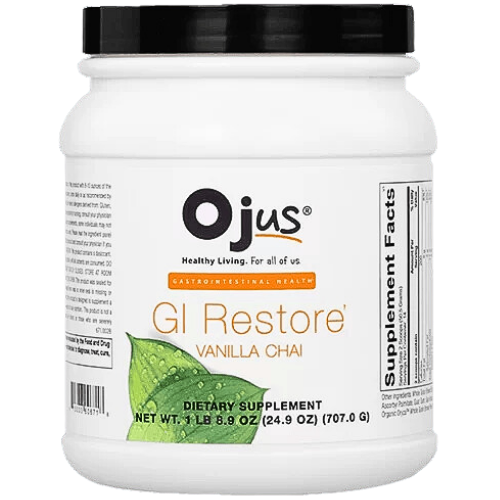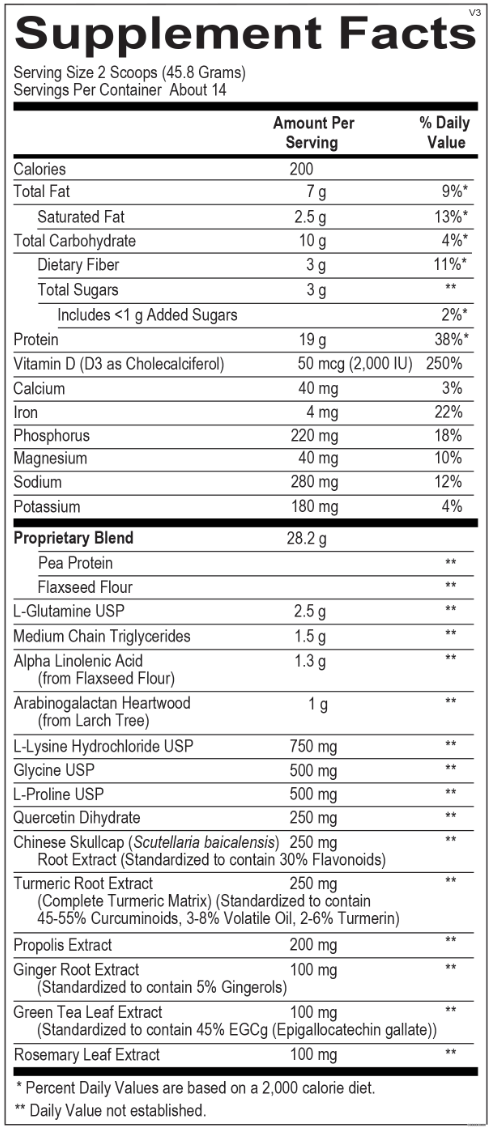
Symptoms of Low Vitamin D: Functions of Vitamin D, Causes, Dosage & Treatment
Dr Anita Nischal| Did you know that 4 out of every 10 people living in the U.S. have a low vitamin D? If you avoid the sun or suffer from milk allergies, you may be at risk for vitamin D deficiency, which can lead to unhealthy you. |
Vitamin D deficiency is characterized by developing symptoms like aching bone and muscle weakness. However, the symptoms may be subtle for many and vary one person to another. Yet, even without symptoms, low vitamin D can pose health risks.
What is Vitamin D?
Vitamin D is an enormously necessary vitamin that has powerful effects on numerous systems throughout our body. Notorious as the sunshine vitamin, vitamin D is produced by the body when exposed to sunlight. It is also found naturally in foods such as fish, fish liver oils, egg yolks, and fortified dairy & grain products. Vitamin D is vital for healthy bones since it helps the body use calcium from our meal.
What are Important Functions of Vitamin D?
Vitamin D is one of the essential vitamins our bodies require to stay healthy. Vitamin D has many functions, counting:
1. Keep bones strong
Healthy bones defend you from numerous conditions, like rickets, which is caused due to vitamin D deficiency in the body. Vitamin D is essential so that calcium and phosphorus can be utilized to build bones. Having soft bones is a condition called Osteomalacia in adults.
2. Absorbs calcium
Vitamin D plays a crucial role in building bones and keeping them strong and healthy. Weak bones are the sign of Osteoporosis, the loss of bone density, which can lead to fractures.
3. Functions with parathyroid glands
The primary goal of parathyroid glands is to balance the calcium in the blood by communicating with the gut, kidneys, and skeleton. In the case of vitamin D deficiency, the parathyroid glands will ‘borrow’ calcium from the skeleton to keep the blood calcium in the regular array.
Symptoms of Vitamin D Deficiency
Most people fail to apprehend that they have low vitamin D, as symptoms are commonly delicate. You may not identify them simply, even if the vitamin d symptoms have a noteworthy negative effect on your quality of life. Here are some signs of low vitamin D:
1. Falling sick often
An essential role of vitamin D is to provide immune support to fight off viruses and bacteria that cause illness. If you often fall sick, particularly with colds or the flu, low vitamin D levels may be a causative factor.
2. Fatigue & Tiredness
There are many causes for tiredness, and vitamin D deficiency may be one of them.
3. Bone & Back Pain
Bone pain and lower back pain may be the signs of insufficient vitamin D levels in the blood.
4. Depression
A depressed temper may also be a symptom of vitamin D deficiency. Researchers have allied vitamin D deficiency to depression, predominantly in older adults.
Also Study: Why You Should Be Taking Supplements with Probiotics for Anxiety & Depression?
5. Weakened Wound Healing
The slow healing of wounds after surgery or injury are also symptoms of low vitamin D levels.
6. Bone Loss
Vitamin D is essential for calcium absorption and bone metabolism. Low bone mineral density is a signal that your bones have mislaid calcium and other minerals.
7. Hair Loss
When hair loss is severe, it may be the outcome of a disease or nutrient deficiency like low vitamin D.
8. Muscle Pain
There is some evidence that vitamin D deficiency may be a possible cause of muscle pain in children and adults.
What causes low Vitamin D?
The low vitamin D symptoms can be because of:
- Not getting adequate vitamin D from the meals.
- Vitamin D is not absorbed from food (a malabsorption problem)
- Not having adequate exposure to sunlight.
- The liver or kidneys fail to convert vitamin D to its active form in the body.
- Some medicines that can interfere with your body’s ability to absorb vitamin D.
Ideal Dosage of Vitamin D for Different Age Groups
The amount of vitamin D you need each day to be contingent on your age. The suggested amounts, in international units (IU), are tabulated below:
| Age Group | Amount (IU) |
| Infant to 12 Months | 400 IU |
| Children (1-13 years) & Teens (14-18 years) | 600 IU |
| Adults (19-70 years) | 600 IU |
| Adults (71 years & above) | 800 IU |
| Pregnant & Breastfeeding Women | 600 IU |
Treatment for Vitamin D Deficiency
What you take is as vital as how you take it! The best Vitamin D supplements should be taken with a meal that contains fat.
One of the herbal-plant based products formulated by Ojus is Vitamin D 5000 IU. The vitamin D supplement not only promotes healthy bones & teeth, but it is a fat-soluble formula which aids in Thyroid as well.
What Foods Have Vitamin D?
Some vitamin D food sources are:
- Fatty fish like salmon, tuna, herring or sardines
- Milk
- Cheese
- Beef liver
- Egg yolks
- Shrimp
- Cod liver oil
- Mushroom.
Recommendations
It is essential to ensure that you are getting passable amounts of vitamin D in your diet. If you are not, then, a daily & the best vitamin D supplement may be needed to make up the amount you are falling short of.
If you are in an at-risk grouping, contemplate getting tested by a doctor. In case of any query or feedback, please, drop your comments here.
Also Study
- Benefits of Taking Vitamin C with Iron
- Why Should You Take Vitamin B with Fish Oil?
- List of Immune System Booster Food
- All You Need To Know About Chronic Fatigue Syndrome
Vitamin D helps control the amount of calcium and phosphate in the body. Also, it supports bone health, dental health, and muscle health.
Generally, it is not suggested to surpass the higher limit of safe vitamin D intake, which is 4000 IU (100 micrograms) per day.
The low vitamin D symptoms can lead to disease like Rickets in infants & children, and Osteomalacia in adults.
Apart from the best vitamin D supplements, you can consume food rich in vitamin D, which are eggs, yolks, cheese, beef liver, milk, fatty fish, orange juice etc.
Vitamin D is ergocalciferol and arises from plant-based sources. Vitamin D3 is cholecalciferol and emanates from animal-based sources.
There will be no vitamin D side-effects if you take the best vitamins D supplement. Although exceeding the limit may cause nausea, vomiting, metallic taste etc.
Inadequate exposure to sunlight, not eating enough vitamin D in your diet, and health issues such as gastrointestinal disorders, renal diseases, and liver diseases are the main causes of low vitamin D.
Yes, research states that a low vitamin D can lead to hair loss. Vitamin D contributes to stimulating new and old hair follicles. Thus, low vitamin D levels in your system can avert new hair growth.
Low levels of vitamin D are generally linked with schizophrenia, depression, and anxiety in most people. Some studies show that people with symptoms of anxiety or depression had decreased levels of calcidiol, a byproduct of vitamin D.
Low vitamin D can lead to common symptoms like joint pain, weak or cramping muscles, weight gain, frequent bone fractures, fatigue, mood swings, depression, and headaches. If not treated timely, the Vitamin D deficiency can lead to serious long-term health problems.
Yes, low vitamin D can trigger excessive fatigue and tiredness. Thus, taking some herbal supplements and improving your diet may help enhance energy levels and vitamin D levels in the body.
Vitamin D deficiency can be the reason for bone loss and several gastrointestinal disorders such as inflammatory bowel disease, celiac disease, and people who have had stomach surgically. Digestive health issues can be the symptom of low vitamin D.



